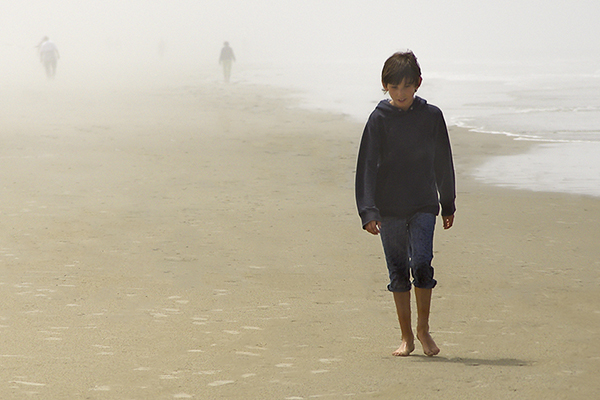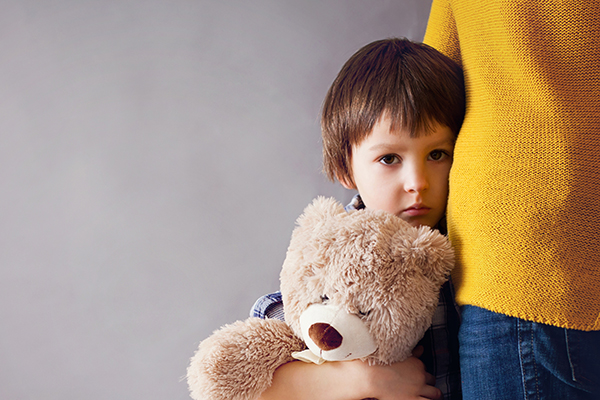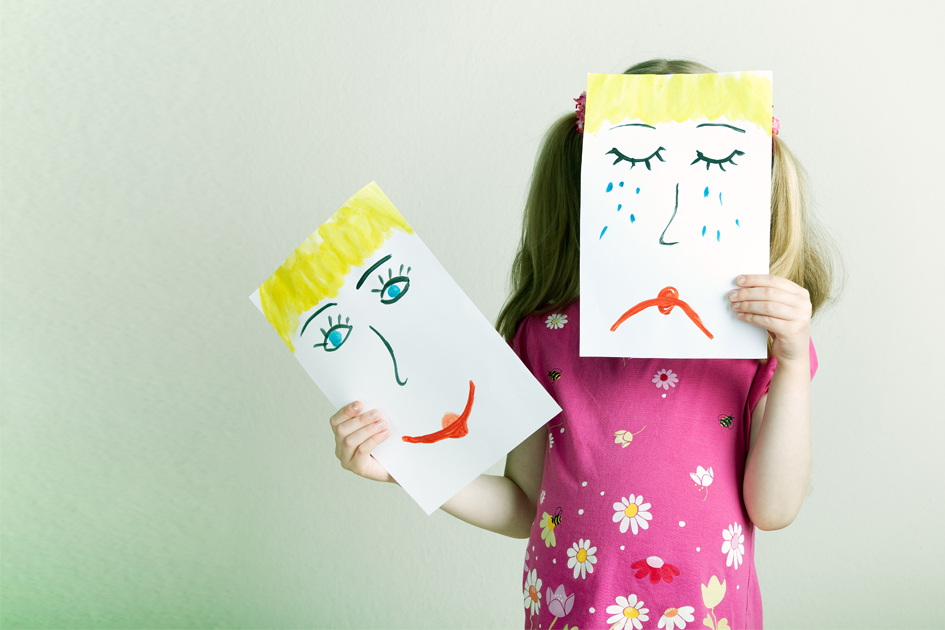The rise of mental health concerns among young people, including anxiety, depression, and self-harm, is a pressing issue amplified by factors such as academic stress, social media, family dynamics and societal expectations. It is therefore crucial to prioritise early intervention, de-stigmatise mental health discussions, and provide accessible and effective support to address these concerns and promote the wellbeing of young people.
This year R U OK?Day falls on Thursday 14 September, an annual National Day of Action and a reminder that every day is the day to check in with your friends, family and colleagues.
R U OK? contributes to suicide prevention year round by urging people to invest time in personal relationships and empowering informal support networks to identify signs of distress. Families are encouraged to engage in this initiative, emphasising the importance of authentic human connections and reminding everyone to ask the essential question, "Are you OK?"
Parents, caregivers and schools all play a vital role in shaping young lives. Participating in R U OK?Day goes beyond classrooms, showcasing a commitment to holistic student development. By initiating conversations about mental health, schools create safe spaces, where children feel valued, understood, and supported. Parents can help by fostering an open dialogue, normalising emotions, identifying support systems, teaching active listening and addressing any stigmas relating to mental health.
Many schools nationwide organise events for the R U OK? message, offering students opportunities to engage. Parents and caregivers can help by supporting their school in this endeavour or choose to organise your own event for your workplace or community group. Participating in R U OK?Day nurtures compassion and demonstrates our dedication to the wellbeing of the whole school community, reaffirming that together, we can make a difference!
For more information on R U OK?Day, access to FREE resources or want to host your own event, here are some links you may find useful.
- Website
- Resources to support young people
- Resources for schools
- Resources for everyday
- Find help or reach out for support
- Host an event
- Merchandise





